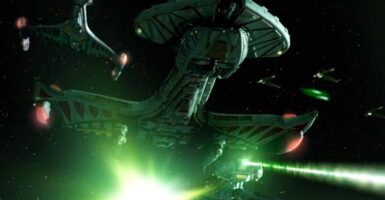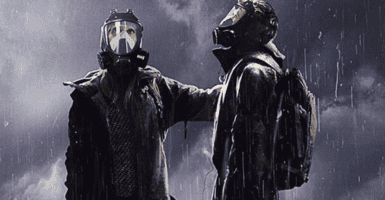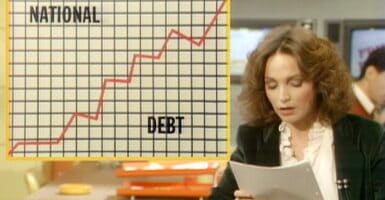7 Best Star Trek Courtroom Episodes
Of all the courtroom episodes throughout Star Trek, these seven are the very best.

Star Trek has a long history of courtroom episodes—episodes that take place, in whole or in part, in trials, hearings, and tribunals. This might have something to do with the franchise’s penchant for hearty debates and impassioned speeches, but it is a kind of episode that usually ends up being a highlight. Here are seven of our favorites.
7. “Distant Origin” – Star Trek: Voyager

While the basic plot of this episode—aliens who might be descended from dinosaurs—strains credulity, the essence of it is actually quite intriguing, pitting accepted doctrine against new evidence. While comparisons can certainly be drawn between the ideas regarding creation and evolution and the debate between scientific discovery and religious dogma, that’s not the only parallel. The episode also reflects the way the scientific community itself often responds to new discoveries that challenge long-held ideas on which people have built careers.
“Distant Origin” stands in a long tradition of Star Trek episodes that mirror existing cultural debates by creating inverted versions of them that expose their moral core.
6. “Unification III” – Star Trek: Discovery
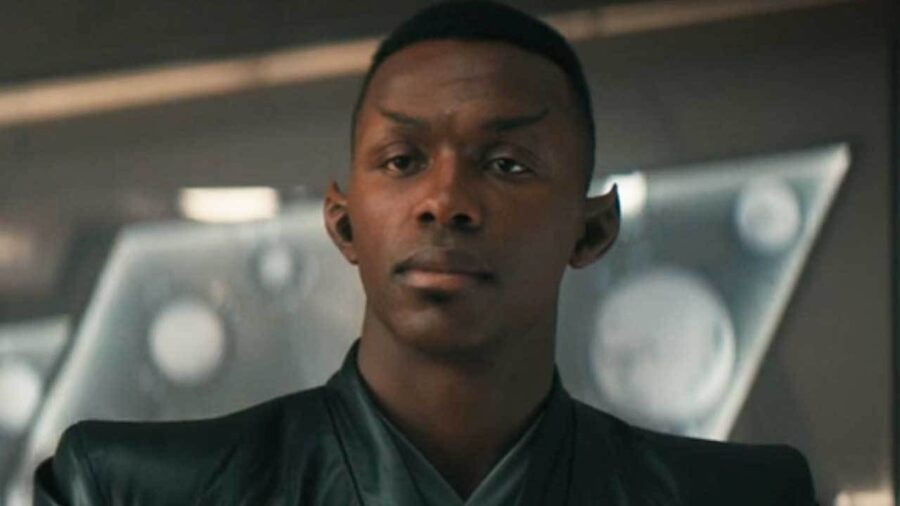
Michael Burnham’s connection to Spock as his half-sister is one of the most contentious elements of Discovery, but whatever one’s feelings about that particular character choice, it pays off excellently in this unique episode. Rarely has Star Trek made such a direct sequel to such a long-past episode, but this follow-up to TNG’s “Unification” two-parter that shows how Spock’s efforts to bring Vulcans and Romulans together have echoed into the 32nd century is, well, fascinating. Not only does it bring some resolution to that long cultural arc, but it provides Burnham with an opportunity to reconcile her own heritage and history.
5. “The First Duty” – Star Trek: The Next Generation
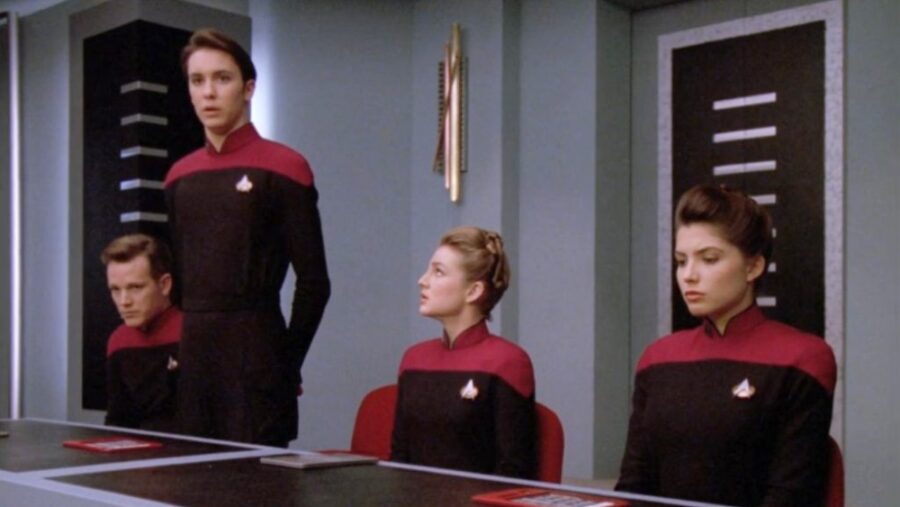
One of the most important moments in the development of Wesley Crusher, this episode explores the tension between moral duty and social pressures in a way that hasn’t really been explored elsewhere in the franchise. Involved with his Starfleet Academy squadron with the decision to commit an illegal formation that results in a cadet’s death, Wesley is faced with the choice between telling the truth or backing up his friends. The episode is most famous for the dressing down Picard gives to Wesley when he discovers the deception, which still stands as one of the great speeches in Star Trek history.
4. “Tribunal” – Star Trek: Deep Space Nine
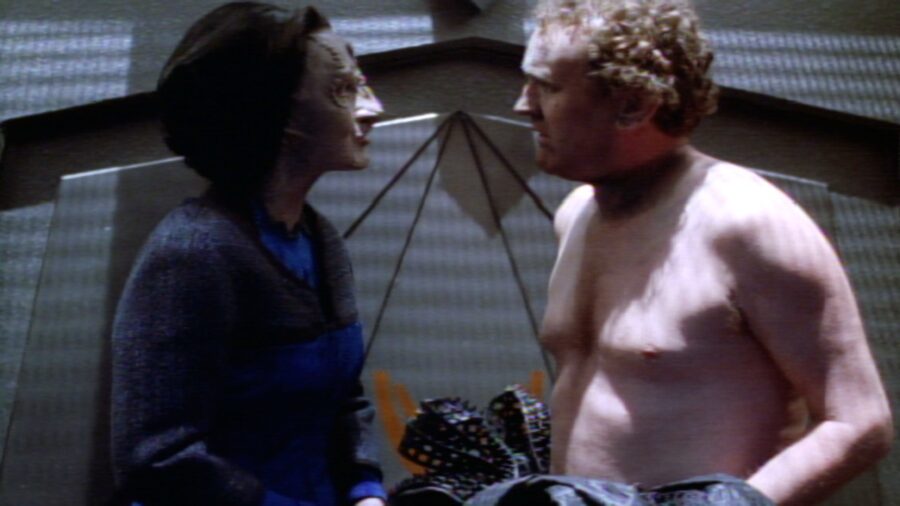
Pitting Miles O’Brien against his own past, this episode has the engineer and his colleagues squaring off against the seemingly indomitable Cardassian court system—where defendants are determined to be guilty before the trial even starts. The image painted of a corrupt system that props up the mystique of an infallible fascist government against all intrusions of truth or justice provides an insight into Cardassian society. It also causes O’Brien to face up to his own racism against Cardassians, fueled by his time serving in the Federation-Cardassian War.
O’Brien may be innocent of the false charge brought against him, but he is not innocent of bigotry, and that fact contributes to him almost losing his life.
3. “Repentance” – Star Trek: Voyager

Star Trek episodes often use a courtroom, as Picard describes it, as a crucible of truth, but this story deviates somewhat from that pattern, while still including a trial scene and an episode-long question of guilt or innocence. The crucible of truth here, however, is a scientific one. The Doctor discovers that a death-sentenced prisoner being transported by Voyager, Iko, committed his crimes because of a brain defect, proving his inability to make a clear moral choice.
The contrast between Iko’s desire to pay for his crimes even after his sanity is restored against his fellow prisoner’s desire to fake having the same issue to escape a punishment he has earned speaks to the difference between a defect of the brain and a defect of the soul.
2. “The Drumhead” – Star Trek: The Next Generation
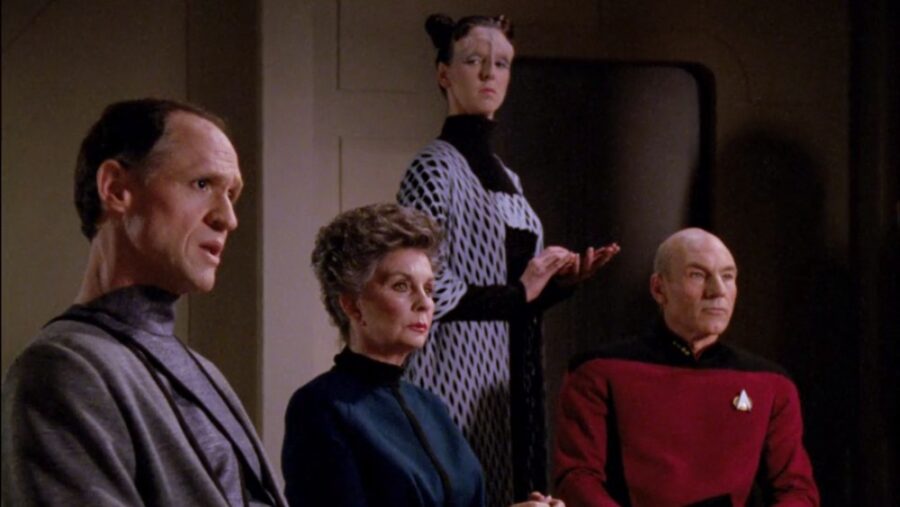
This episode is hardly the only time Captain Picard—or any other series captain—is put on trial, but it stands as one one of the most emotionally powerful, both for the tension and rising stakes of the episode, and for its stunning conclusion. As great Trek speeches go, Picard’s in the episode is one of the quietest, most understated in franchise history, yet it is also one of the most powerful. This is particularly true as it comes in contrast to the unspooling, increasingly desperate bombast of Admiral Satie.
Another standout of the episode is the excellent performance by Spencer Garrett as Simon Tarses, a young Starfleet officer who is falsely accused, but is also hiding a secret he fears will end his career.
1. “The Measure of a Man” – Star Trek: The Next Generation
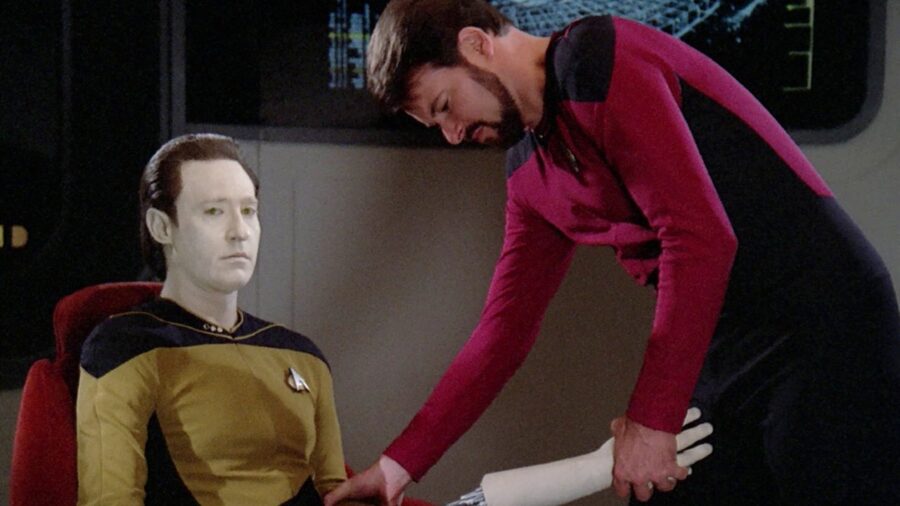
Not only one of the greatest courtroom episodes of the franchise, “The Measure of a Man” is also considered one of the best Star Trek episodes overall. Featuring a legendary screenplay by Melinda M. Snodgrass and an early, important examination of Data’s humanity, this second season episode is an elegant exploration of the humility that must be held before the question of the worth of another. It not only illustrates our ability to dismiss those who are not like us and ignore their humanity to further our own goals, but is a singular demonstration of core Federation—and humanistic—principles.
Other standouts of this episode are Picard’s final argument on Data’s behalf and Guinan’s quiet, subtle hints to the captain that provide the turning point for the hearing.
